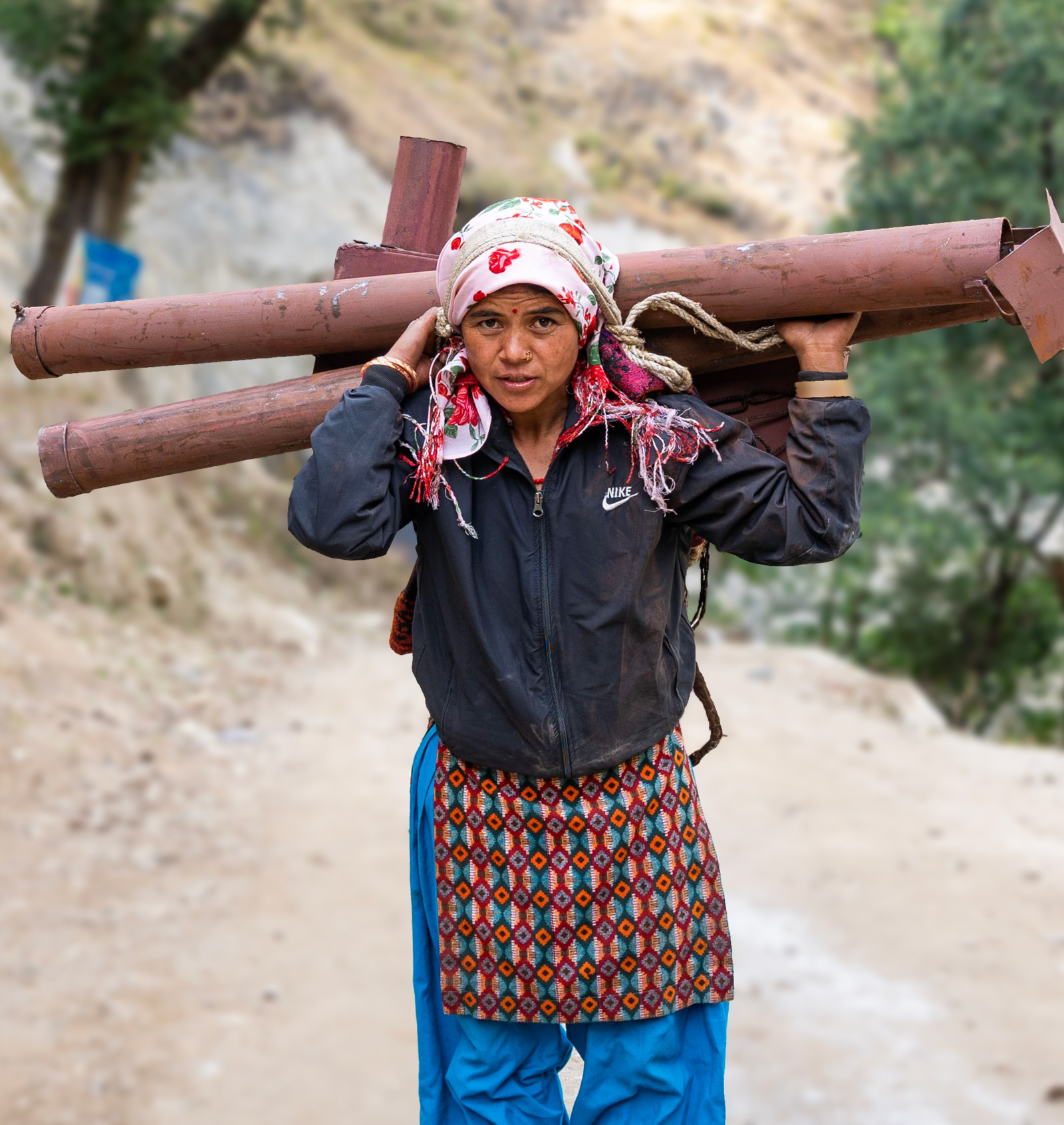
Three reasons charities don't 'send every dollar to Africa'

We all want to see our charitable donations used for maximum impact. Sometimes the idea that 'every dollar goes to Africa' (or Nepal... or the Surf Life Saving Club) seems very attractive!
There are three good reasons why most organisations don’t generally operate this way:
1. Accountability and administration
The best not for profits don’t just ‘send money.’ They track, account for, assess and make improvements to the way those dollars are spent. And then they tell supporters about it regularly.
That endeavour takes time and money. Different organisations slice the pie differently (read more about admin costs here), but in general, you can be confident your donation will have more impact impact when part of it is being used on to keep organisations accountable and improving.
2. Fundraising
You’ve heard the old saying that you have to spend money to make money, and this is as true of charities and not for profits as anywhere else. We’re all trying to find new supporters, keep them informed about the cause and help them deepen their engagement. It’s a very competitive field.
Social media hasn’t ever been free, and it’s getting more expensive to keep our content in your feed. Printing material and mailing it to donors still achieves the best outcomes for fundraising. Look for organisations who have clear fundraising performance indicators, measure impact and can account for their spend.
3. Staff
There’s often an expectation that people who work for non-profits and charities should be on very modest wages or even offer their services for free. Why? This critical work is life changing and long lasting. Recruiting the best and brightest into non-profits and charities can yield incredible returns for our communities, but we’re competing with businesses where the expectation of a modest wage usually doesn’t exist.
NFPs need to keep attracting high quality staff and make every commitment to paying what they’re worth – it costs more in the long run when we don’t.
*Exceptions to the rule:
- Organisations who use private donors to cover 100% of their operational costs to allow public donations to go straight to the field (Charity:Water)
- Entirely voluntarily run organisations. By their nature these orgs require their ‘staff’ to have other jobs and are usually smaller in size & impact.
